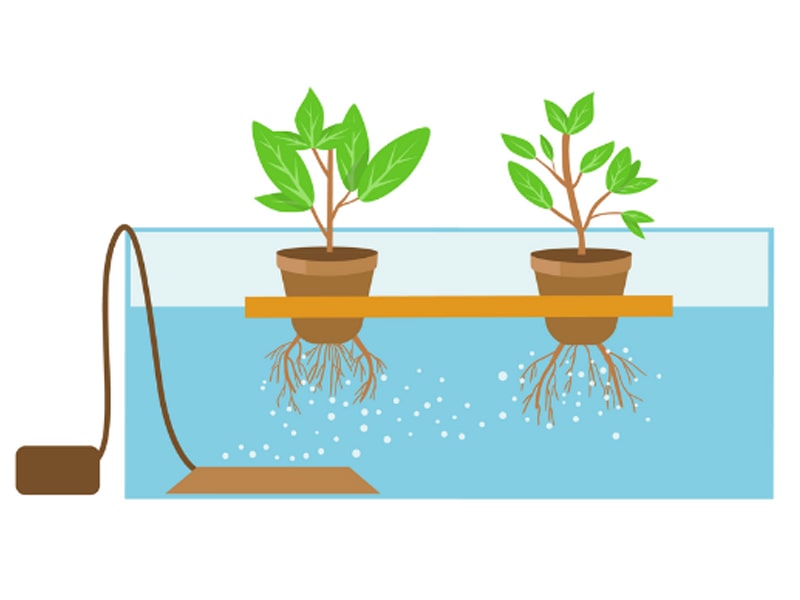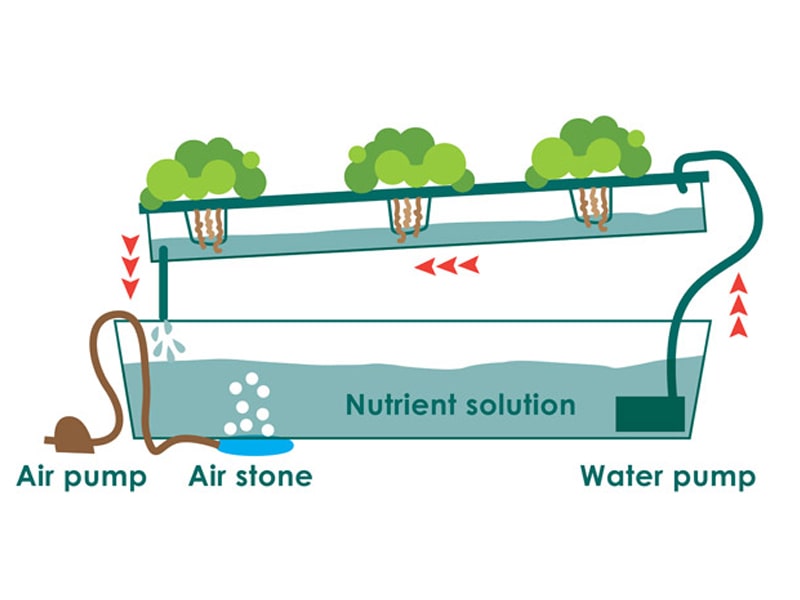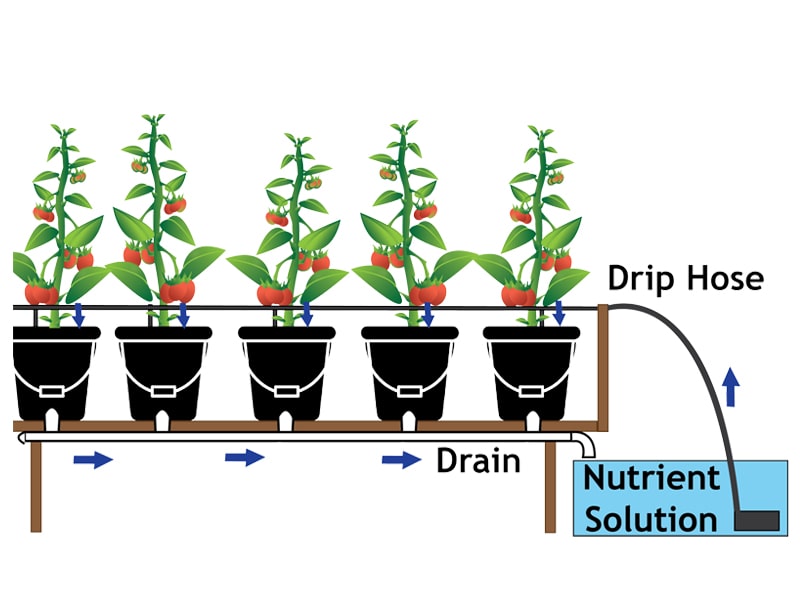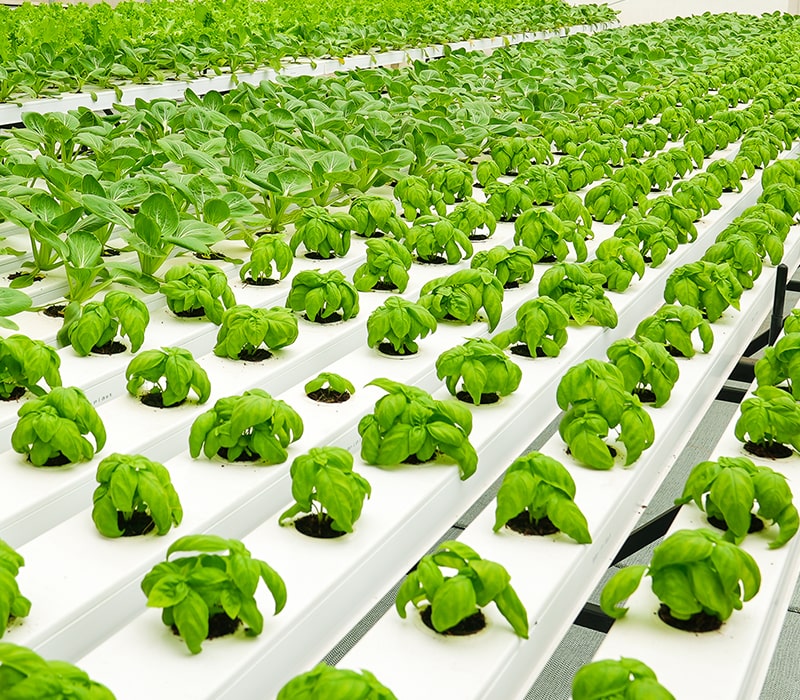Third Generation NFT Channels
Compared with round pipe and square pipe, we only need much less water to the vegetables.
Customer Education for plant growing
For years, our strength has been rooted in a balanced approach of educating while fostering trust and expertise.
Life-time Agronomy Support
Free agronomy support to all the customers from highly experienced agronomist has 20+ years of experience.




